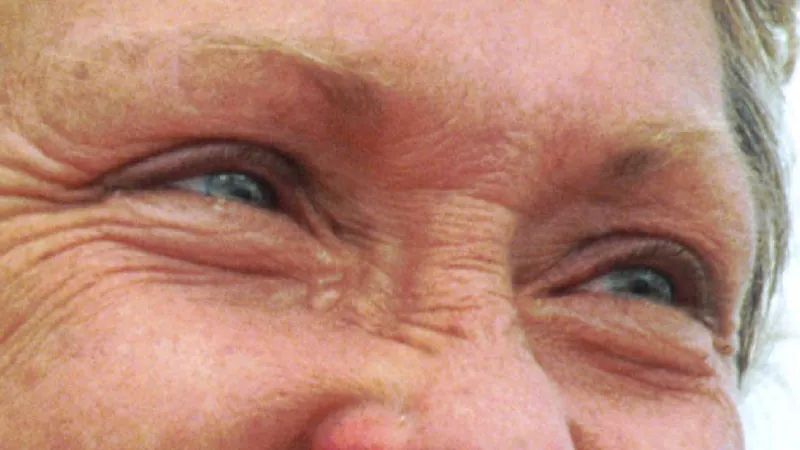
Groundbreaking BYU Study Reveals Contact Lenses Could Transform Eye Health Diagnostics
2024-12-14
Author: Ying
PROVO — Imagine a world where a simple contact lens can not only enhance your vision but also unveil critical insights about your health.
Researchers from Brigham Young University (BYU) are on the cusp of making this a reality as they explore the untapped potential of contact lenses to collect tears—nature's own health indicators.
For years, scientists have been aware that tears are loaded with proteins that can reveal vital health information. These proteins may indicate a range of eye-related issues, including Alzheimer's disease, macular degeneration, diabetes complications, and certain cancers. Traditionally, collecting these tears for analysis has been a painstaking process, often leading to discomfort or inconvenience for the subjects involved.
A team of BYU researchers, led by biochemistry professors Keen Christensen and John Price, decided to innovate. After two-and-a-half years of dedicated study, they found that contact lenses could efficiently capture basal tears—the tears that keep our eyes lubricated and typically go unnoticed.
"None of the existing methods were viable for tear collection," stated Christensen. "We wanted a method that was both effective and unobtrusive, and that's when the idea of using contact lenses came about." By utilizing super-soft hydrogel lenses, the team was able to collect tears in just five minutes with minimal discomfort reported by participants.
The differentiation between types of tears is critical. Reflex tears or emotional tears do not carry the same health indicators as the basal tears researchers aimed to collect. The delicate balance and structure of tears yield various proteins, and understanding these nuances could unlock doors to earlier diagnoses and preventive measures in healthcare.
While the findings are impressive, there are barriers to immediate application. The technology required to analyze these proteins in tears is currently expensive and is not yet available in the average medical setting. However, BYU's research team is conducting additional studies in collaboration with Rocky Mountain University, moving closer to making this innovative tear collection technique accessible in everyday medical practice.
Imagine personalized healthcare where simply popping in your contact lenses could lead to a comprehensive health assessment conducted right at your optometrist’s office. "The goal is to refine this process until it’s as routine as weighing yourself at the doctor," added Price. "We aim to make a positive contribution to overall health."
As researchers continue their work, the prospect of contact lenses evolving from mere vision correction devices to essential health monitoring tools comes closer to realization. In a realm where technology meets healthcare, the future could very well be in the palm of your hand—or rather, in the lenses you wear. Stay tuned for more updates on this groundbreaking journey!




 Brasil (PT)
Brasil (PT)
 Canada (EN)
Canada (EN)
 Chile (ES)
Chile (ES)
 España (ES)
España (ES)
 France (FR)
France (FR)
 Hong Kong (EN)
Hong Kong (EN)
 Italia (IT)
Italia (IT)
 日本 (JA)
日本 (JA)
 Magyarország (HU)
Magyarország (HU)
 Norge (NO)
Norge (NO)
 Polska (PL)
Polska (PL)
 Schweiz (DE)
Schweiz (DE)
 Singapore (EN)
Singapore (EN)
 Sverige (SV)
Sverige (SV)
 Suomi (FI)
Suomi (FI)
 Türkiye (TR)
Türkiye (TR)